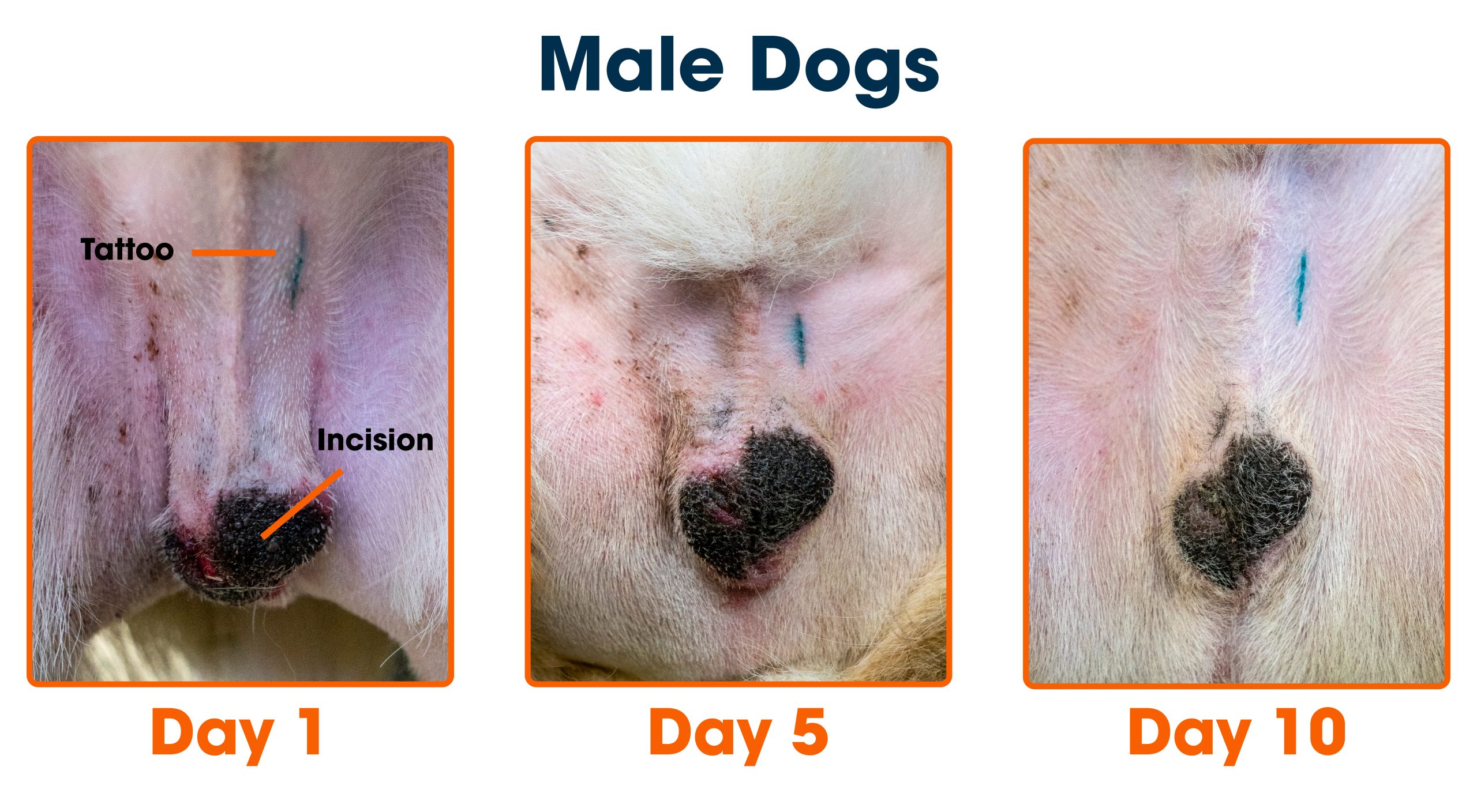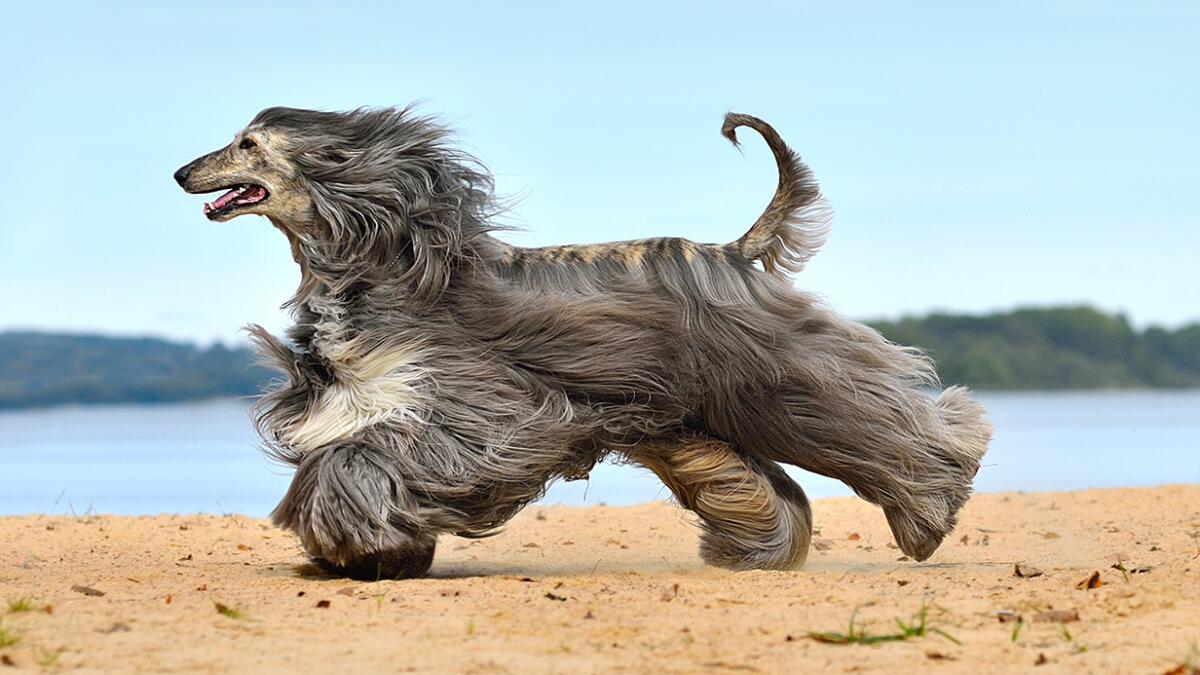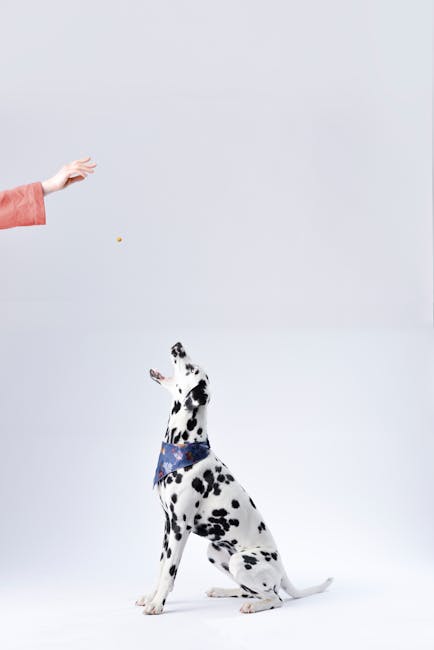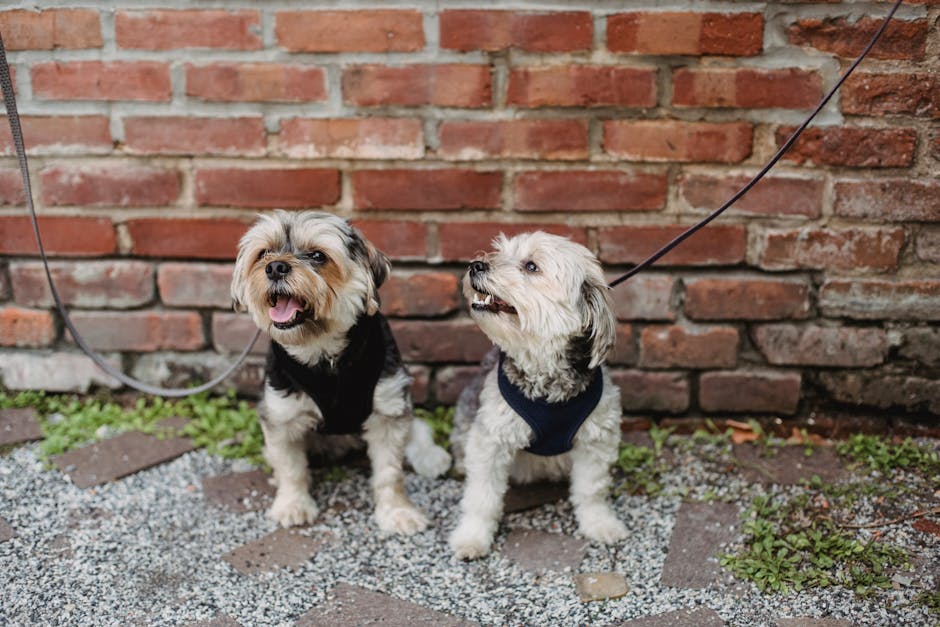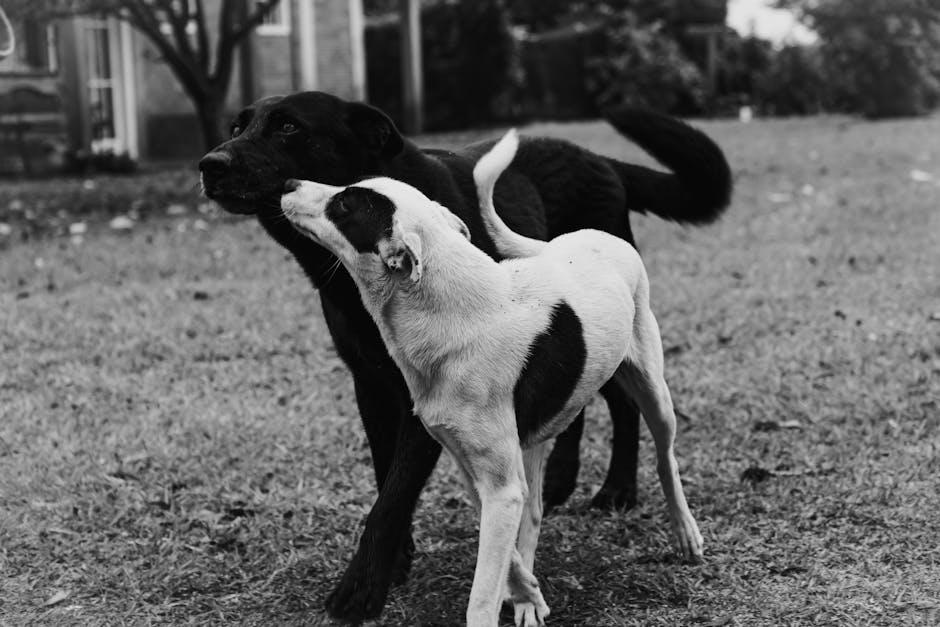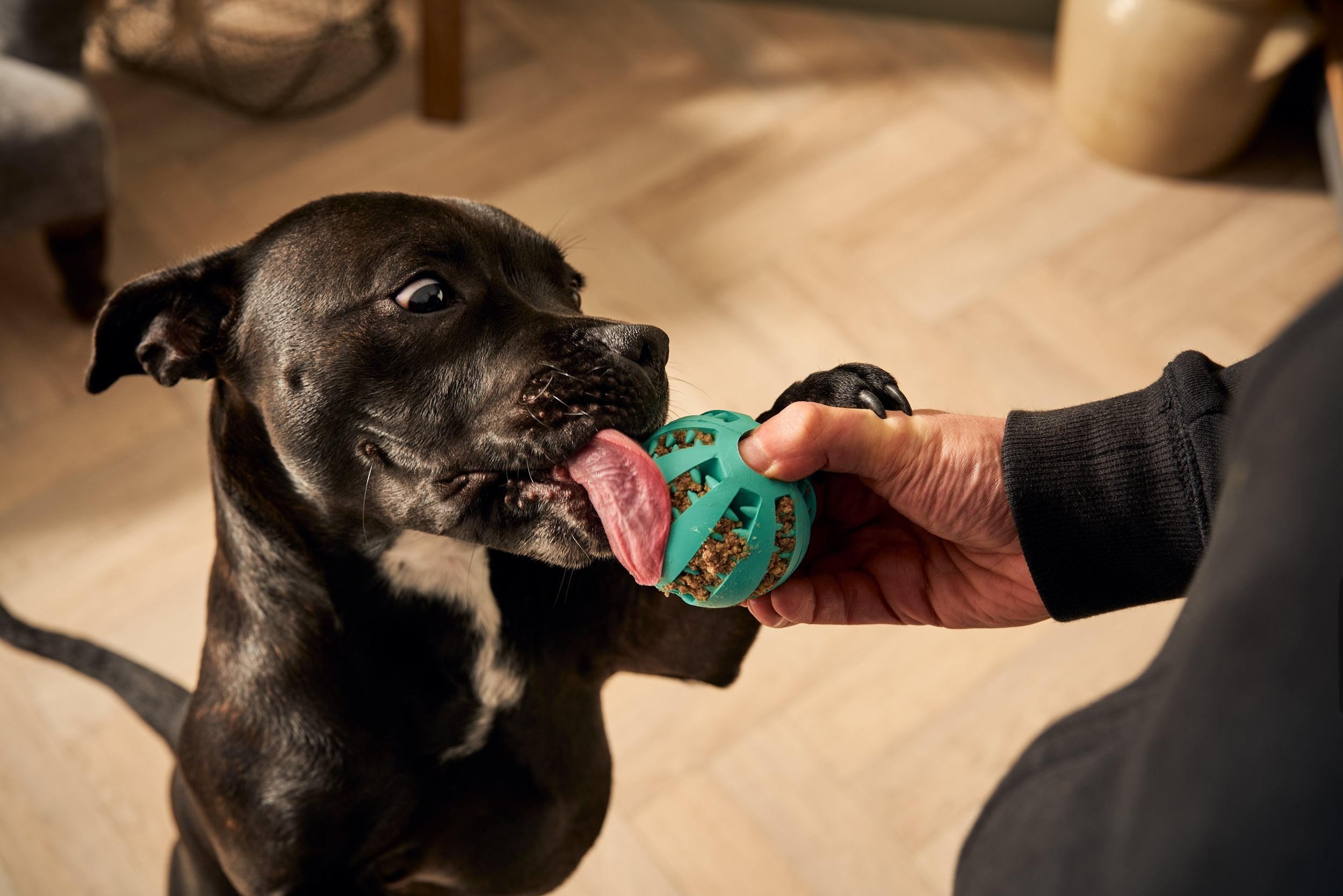Have you ever noticed your dog suddenly sneeze while chasing a ball or playing with a friend? It might seem odd or even worrying at first.
But why do dogs sneeze when they play? Understanding this curious behavior can help you connect better with your furry friend and know when to relax or pay attention. Keep reading to discover the surprising reasons behind those playful sneezes and what they really mean for your dog’s health and happiness.

Credit: www.instagram.com
Common Playtime Sneezing
Have you ever noticed your dog suddenly sneezing during playtime and wondered why? This common behavior can actually tell you a lot about your furry friend’s mood and intentions. Understanding why dogs sneeze when they play helps you better read their signals and enjoy the interaction even more.
Normal Behavior Or Concern?
Playtime sneezing is usually a normal and harmless behavior. Dogs often sneeze during roughhousing or chasing games as a way to communicate excitement or to signal that they are just playing. Unless your dog shows other signs of illness like coughing, nasal discharge, or lethargy, there’s usually no need to worry.
However, if sneezing happens frequently outside of play or is accompanied by persistent symptoms, it’s a good idea to consult your vet. Allergies, irritants, or infections can sometimes cause sneezing and may need attention. But most of the time, a playful sneeze is just your dog’s way of saying “Let’s keep this fun!”
How Dogs Use Sneezing In Play
Sneezing during play is often a social signal among dogs. It can act as a “play invitation” or a way to calm things down when play gets too intense. Think of it as your dog’s natural way of keeping the game friendly and avoiding misunderstandings.
- Dogs may sneeze to show they don’t mean harm.
- Sneezing can break the tension during rough play.
- It helps maintain a positive vibe between playmates.
Next time your dog sneezes mid-play, ask yourself: Is this a sign of fun or frustration? Paying attention to the context will give you clues about your dog’s feelings. Your dog’s sneeze is more than a reflex—it’s a message you can learn to understand.
Communication Through Sneezing
Dogs use sneezing in surprising ways beyond just clearing their noses. When your dog sneezes during play, it’s often a form of communication. This sneezing helps them express feelings and intentions without using words.
Sneezing As A Play Signal
Have you noticed your dog sneezing right after a playful nip or chase? This sneeze acts like a signal saying, “I’m just playing!” It helps keep the mood light and fun.
Dogs use this sneezing signal to invite others to join the game or to show they mean no harm. It’s similar to how you might laugh or smile during a fun moment. This little sneeze can prevent confusion and keep the play friendly.
Avoiding Aggression
Sneezing also helps dogs avoid turning play into something aggressive. When your dog sneezes, it’s a way to calm things down and reassure the other dog.
This calming signal helps prevent misunderstandings that could lead to fights. Imagine if you suddenly sneezed during a tense moment with a friend to break the tension—that’s what dogs do instinctively.
Next time your dog sneezes mid-play, ask yourself: is this their way of saying everything is okay? Paying attention to these signals can help you understand your dog’s social cues better and improve their interactions with other dogs.
Physical Causes Of Sneezing
Sneezing during play is a common behavior in dogs that often puzzles their owners. Understanding the physical causes behind this can help you ensure your furry friend stays healthy and happy. Let’s take a closer look at what triggers those sudden sneezes during their playful moments.
Irritants In The Environment
Your dog’s nose is highly sensitive and easily irritated by small particles in the air. Dust, pollen, or even grass can trigger sneezing as your dog explores and sniffs around during playtime.
I once noticed my dog sneezing repeatedly after rolling in the grass at the park. It turned out to be tiny plant particles stuck in his nose. Removing him from the grassy area stopped the sneezing almost immediately.
Think about the places where your dog plays. Are there dusty corners, blooming flowers, or strong scents that might irritate their nose? Keeping their play environment clean and free of obvious irritants can reduce sneezing episodes.
Nasal Sensitivity During Activity
Physical activity increases blood flow and breathing rate, which can make your dog’s nasal passages more sensitive. When your dog is active, the airflow through their nose changes, sometimes causing sneezing as a natural reflex to clear the nasal passages.
Have you noticed your dog sneezing more when they run or play vigorously? This is often due to the increased movement and airflow triggering a sneeze to keep their nose clear.
Next time your dog sneezes during play, observe if it happens more during intense activities. If so, it’s a normal way their body copes with the increased nasal sensitivity. However, if sneezing is excessive or accompanied by other symptoms, it’s worth consulting your vet.

Credit: www.facebook.com
Breed And Anatomy Factors
Breed and anatomy play a key role in why dogs sneeze during play. Different breeds have unique physical traits that affect their sneezing. The shape of their nose and airways can trigger sneezing fits. Some dogs are more prone to sneezing due to these natural features.
Short-nosed Breeds And Sneezing
Short-nosed breeds like Bulldogs and Pugs often sneeze more while playing. Their flat faces create narrow air passages. This makes it harder for air to flow smoothly.
The tight spaces can irritate their noses easily. Sneezing helps clear any blockages or dust. Play can excite these dogs, causing more sneezing episodes.
Nasal Structure Impact
Dogs with long noses usually have wider airways. They tend to sneeze less during play. Their nasal structure allows better airflow and fewer irritations.
Some breeds have sensitive nasal linings. These can react strongly to dust or movement. Sneezing acts as a natural way to protect the nose.
Understanding these anatomy differences helps explain why dogs sneeze. Each breed’s nose design affects how often they sneeze while playing.
When To Worry About Sneezing
Dogs often sneeze during play to express excitement or to signal friendly intentions. Usually, these sneezes are harmless and brief. Yet, persistent or severe sneezing may point to health problems. Recognizing when sneezing is a concern helps protect your dog’s well-being.
Signs Of Allergies Or Infection
Watch for sneezing that lasts more than a day or two. Look for these additional signs:
- Runny or cloudy nose
- Swollen or red eyes
- Frequent coughing or gagging
- Loss of appetite
- Lethargy or unusual tiredness
These symptoms may indicate allergies or infections. Dust, pollen, or chemicals can cause allergic reactions. Infections may involve bacteria, viruses, or fungi. Early detection helps prevent worsening conditions.
Consulting A Veterinarian
Visit a vet if sneezing is intense or accompanied by other symptoms. The vet will examine your dog thoroughly. They may perform tests like nasal swabs or blood work. Treatment depends on the cause—antibiotics for infections or antihistamines for allergies. Prompt care ensures your dog stays healthy and happy.

Credit: www.facebook.com
Frequently Asked Questions
Why Do Dogs Sneeze During Play?
Dogs sneeze during play as a reflex to excitement or arousal. Sneezing helps communicate their playful intentions. It’s a non-verbal cue indicating they’re enjoying the activity. This behavior is normal and part of their playful interactions.
Is Sneezing Harmful To Dogs?
Sneezing during play is not harmful to dogs. It’s a natural reaction and often indicates happiness or excitement. However, excessive sneezing may need attention. If accompanied by other symptoms, consult a veterinarian to ensure your dog’s health.
Can Sneezing Be A Sign Of Illness?
Occasional sneezing during play is normal. However, frequent sneezing with discharge or discomfort may signal an illness. Watch for additional symptoms like coughing or lethargy. Consult a veterinarian if you suspect an underlying health issue.
How Can I Tell If Sneezing Is Playful?
Playful sneezing is usually accompanied by wagging tails and energetic behavior. Dogs might bow or bounce while sneezing. It’s typically brief and doesn’t cause distress. Observing your dog’s overall demeanor helps differentiate between playful and problematic sneezing.
Conclusion
Dogs sneeze during play to show they mean no harm. It helps keep play fun and friendly. Sneezing also clears their noses and keeps them comfortable. This behavior is normal and healthy for dogs. Watching these sneezes can help you understand your pet better.
Next time your dog sneezes while playing, remember it’s just their way to say, “Let’s keep playing!” Enjoy the moments and the little signs they give. It makes playing together more special and fun.

